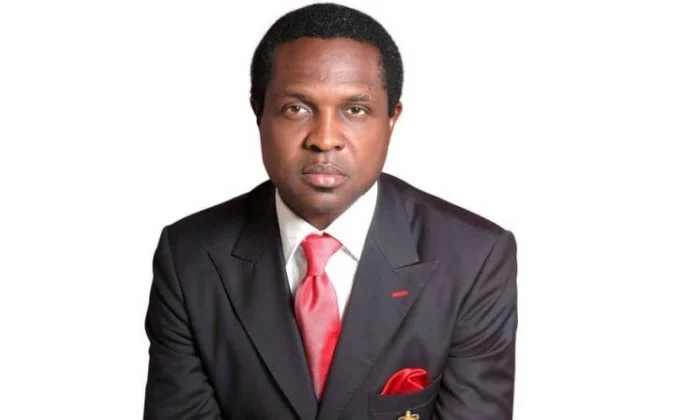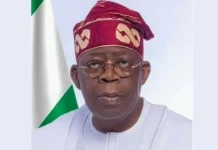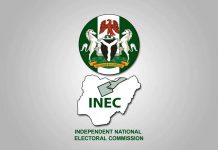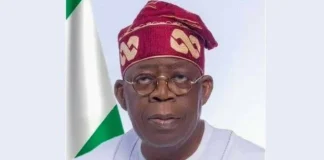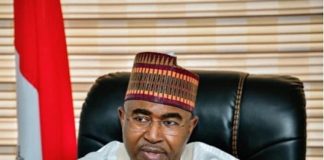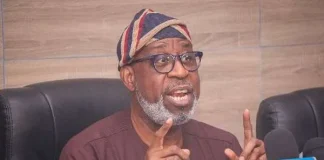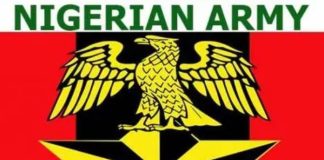🌿 Ruzu Non-Alcoholic Herbal Bitters
Ruzu Non-Alcoholic Herbal Bitters is a natural health supplement specially formulated to:
- ✅ Promote general wellness
- ✅ Detoxify the body
- ✅ Support the treatment of various ailments
Made from a powerful blend of 100% organic and medicinal herbs, Ruzu is completely alcohol-free, making it ideal for:
- 👪 All age groups
- 🌱 Health-conscious individuals
- 🌿 Anyone seeking non-alcoholic herbal remedies
Whether you're looking to boost your vitality, cleanse your system, or support healing the natural way, Ruzu Bitters offers a trusted herbal solution.
Nigeria has to reevaluate its current presidential form of governance, according to Tonye Cole, the All Progressives Congress (APC) candidate for governor of Rivers State in the general elections of 2023.
Cole maintained that the system is not appropriate for the nation.
He claimed that the majority of Africans are uneasy with the political structures in place in their nations during his appearance on Channels Television’s Politics Today on Friday.
The American system, which we refer to as the Presidential system in Nigeria, needs to be revisited. While a presidential system will not function here, we are unable to import the UK’s parliamentary system and have it function here.
“Every African in their country would tell you that they are not happy with their democracy and political system. For what reason? He stated, “Because it is completely at odds with who we are.”
He cited China and the Arab world as examples of nations that rejected Western political models, arguing that every successful society has created a customary form of administration.
The former APC candidate for governor of Rivers State emphasized that Nigeria should have its own culture at the core of its governance, pointing out that the nation had an indigenous political system before to colonization and ought to think about reverting to it.
Read Also: APC Chieftain Laments: ‘Shettima Now Only Attends Weddings and Funerals Under Tinubu’s Govt’
“Let us create a political system that is African and Nigerian-focused, and we have it.” We had a governmental system in place before the arrival of the Europeans, and it persisted throughout the slave trade. What, then, are we fleeing from? He went on, “We know what to do.”
He noted that the presidential system in Nigeria has not established institutions that can hold people accountable, which is one of the reasons it cannot function since it may be abused by a select few.
The lawmaker went on to say that Nigeria is creating institutions that are based on the British system, which he said is incompatible with Nigerian culture.

